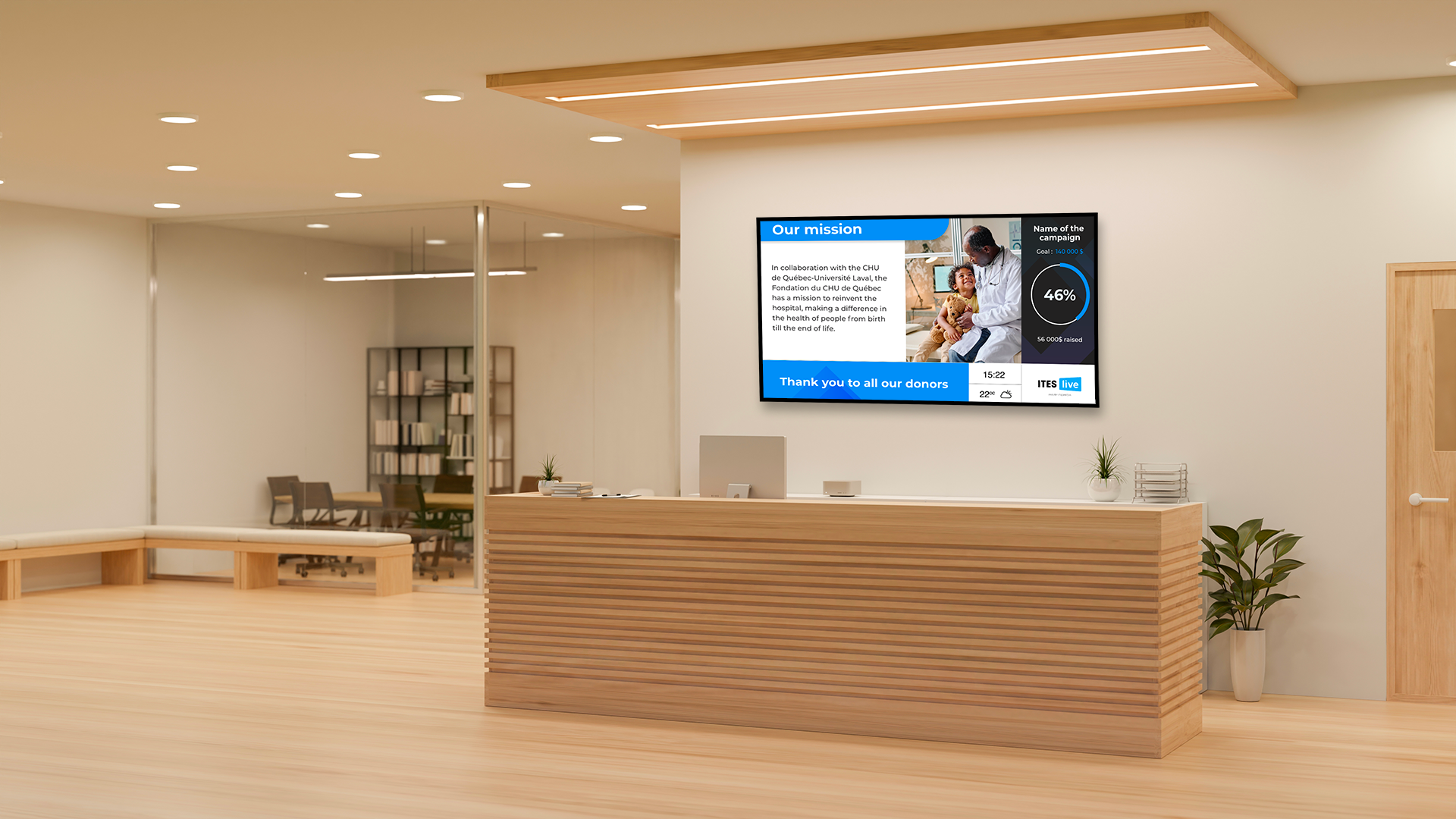Organizational culture, also called corporate culture, plays an essential part in a company’s life and operations. It represents the values, beliefs, standards and behaviours shared by members of an organization. A strong and positive organizational culture improves cohesion, motivation and engagement, which in turn contributes directly to the organization’s success.
A well-established organizational culture has many key features. First, it defines the organization’s core values. These values guide decision-making processes as well as employee interactions and behaviours. They create a common framework where everyone can identify themselves and feel aligned with the company’s objectives.
A strong organizational culture also enables transparency and open communications. Communication channels are encouraged whether they operate upwards, downwards or cross-sectionally. This makes employees feel better understood, and more engaged and informed about decisions and changes within the organization. Furthermore, transparency strengthens trust and collaboration within the team.
Another key component of organizational culture is appreciating and highlighting talent and individual contributions. Employees feel motivated and valued when they see their work being recognized and rewarded. Employee recognition and rewards programs could be implemented to celebrate both individual and team achievements; this would promote a culture of performance and continuous improvement.
A positive organizational culture is also a great way to improve the employees’ personal and professional development. Training, coaching and career improvement opportunities could be offered to help improve employee growth and development within the organization. This kind of environment fosters continuous improvement and skill development, which would in turn make employees happier and improve retention.
Lastly, a strong organizational culture is reflected in the work environment. Collaborative, enjoyable and stimulating workspaces promote creativity, innovation and feelings of well-being for employees – and this also applies to employees working remotely, as long as they have the equipment and the tools they need to maintain their comfort and ensure they can perform their daily tasks. Initiatives promoting a life/work balance are also encouraged, as they contribute to a pleasant and fulfilling atmosphere.
However, maintaining a good organizational culture is a major challenge. One way to remind employees about the company’s culture, values, goals and objectives is talking about it in person, via email or through an omnichannel communication platform (Microsoft Teams, digital signage, screensavers, intranet) to ensure that the organizational culture stays strong and that it will not fade away.
In conclusion, organizational culture is much more than a simple, abstract notion: it is the foundation of an organization’s identity and of its success. A strong, positive organizational culture improves employee engagement, brings teams closer together and benefits the company’s global performance. Companies who invest in creating and maintaining a positive organizational culture can foster an environment where employees can grow and reach their goals.






